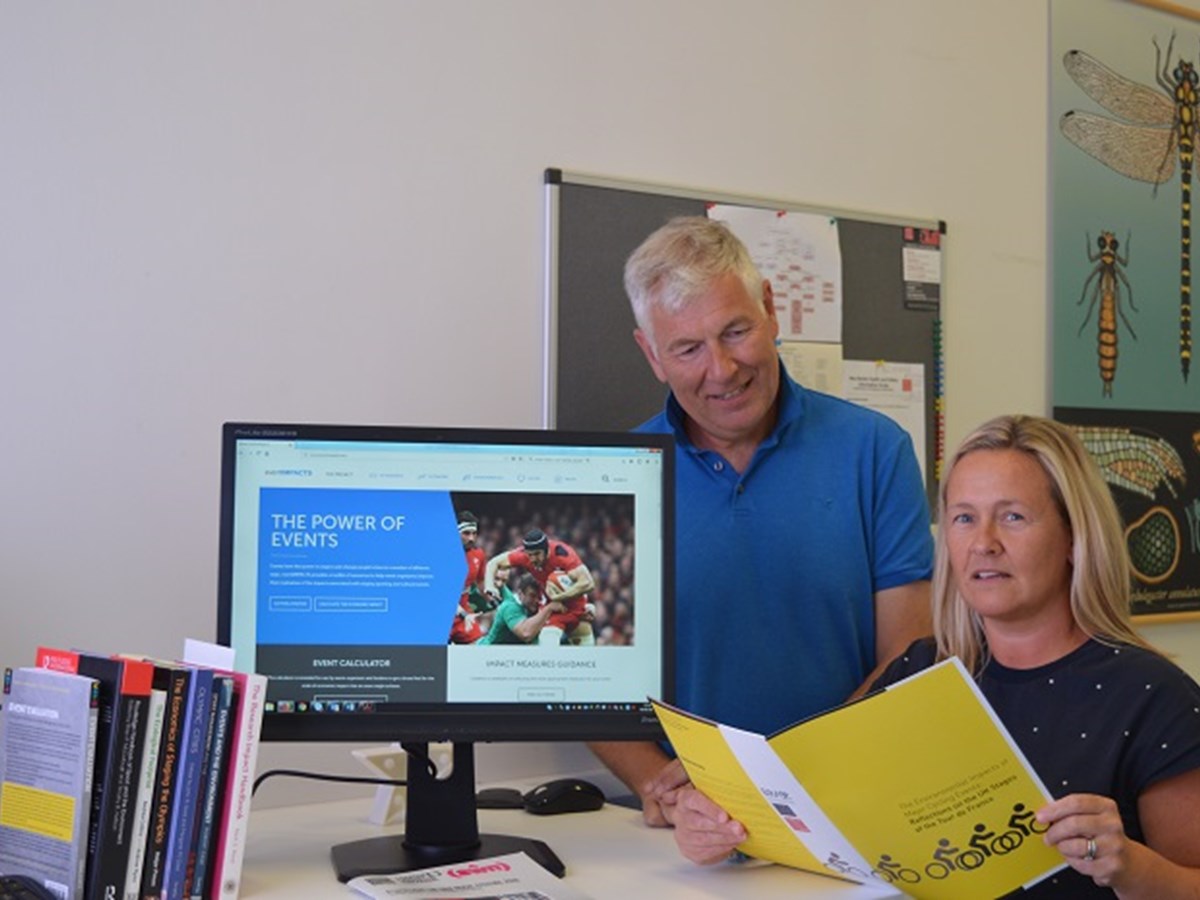The business case for hosting major sporting and cultural events, which often relies on public funding, has traditionally focused on economic impacts and neglected to consider their significant adverse environmental impacts. Planners and organisers also have less knowledge of event environmental impacts and a lack of appropriate evaluation tools.
In response, the interdisciplinary research team at Cardiff University applied two environmental methodologies (Ecological Footprint and Environmental-Input Output analysis) to assess the local and environmental impacts of several major events in the UK. This research identified key drivers of event environmental impacts and the types of strategies needed to reduce negative effects, particularly in relation to visitor travel, food and waste.

Race for Sustainability: Cardiff University working in partnership with Run for Wales to reduce participants travel carbon emissions
This research, supported by the UK Research Councils (ESRC and AHRC), underpins the environmental section of UK Sport’s eventIMPACTS toolkit. This practical toolkit provides guidance, case studies and measurement tools to support planners and organisers in better understanding the environmental impacts of their events, and empowers them to take informed action to reduce their environmental impact whilst maximising the economic and social benefits of future events.
The toolkit can assist planners in identifying the key drivers of environmental impacts, developing effective strategies to mitigate negative environmental impacts, and lead to staging more sustainable events.

UK Sport's eventIMPACTS toolkit - support and guidance on measuring event environmental, economic and social impacts

Developing our undergraduate students' research skills at events
